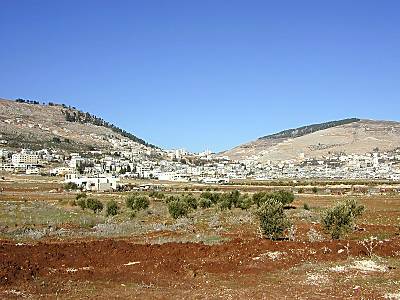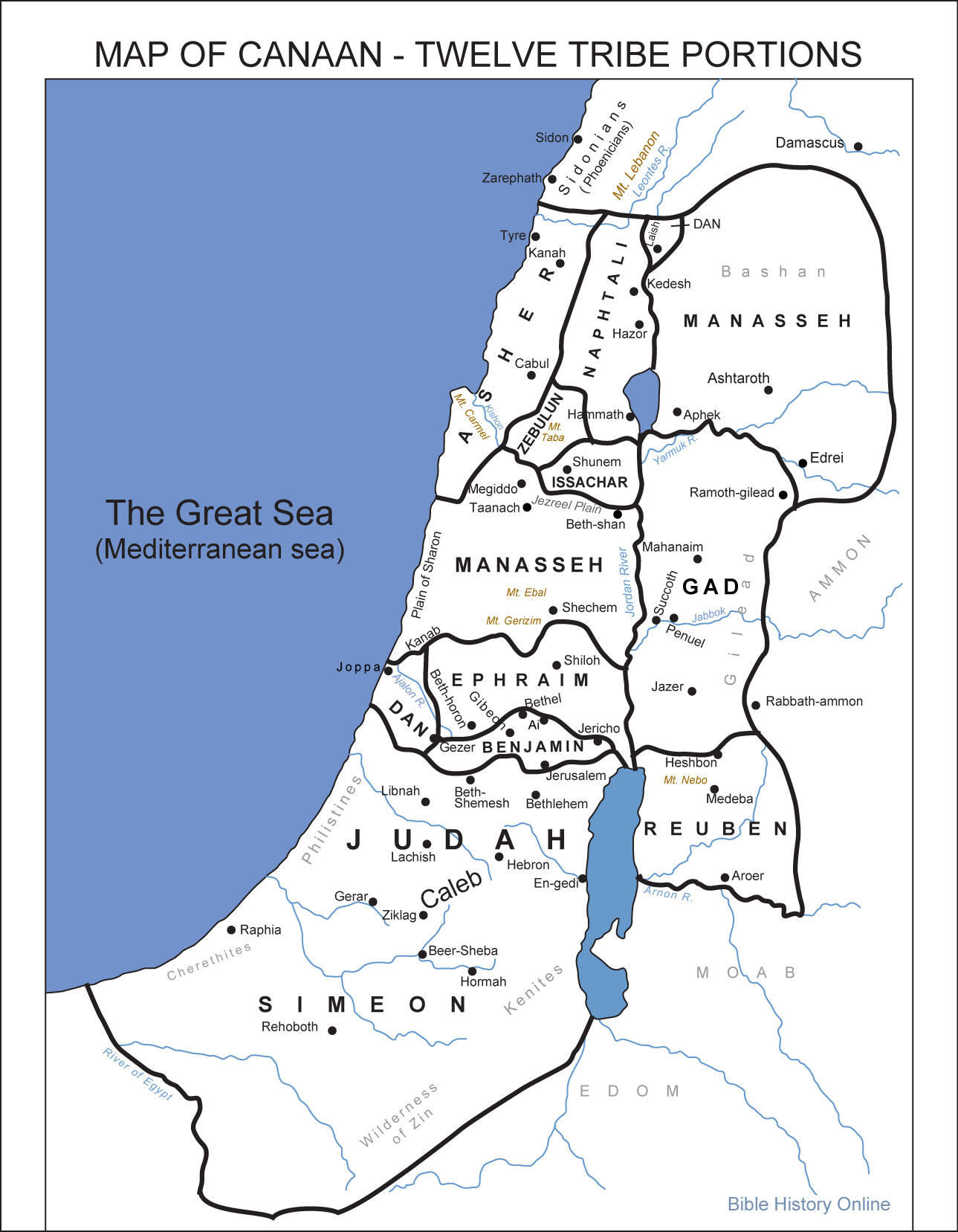On Monday, March 24, 2014, Yujin wrote,
It came about when the sons of Israel became strong, they put the Canaanites to forced labor, but they did not drive them out completely (Joshua 17:13).
The LORD commanded Israel to completely drive out the Canaanites from the Land. Here and in numerous other occasions we are told that they did not obey the LORD and do this. Instead of driving them out, they made the Canaanites their slaves. As Israel's history would bear out, this failure to obey the LORD resulted in the consequences that God predicted would happen; namely, that Israel would become corrupted by the immoral and idolatrous influences of the Canaanites.
Friends, I reflected on this today and considered what lessons there might be for us today? While the Old Testament demanded complete destruction of the Canaanites because of their immoral and idolatrous influence, the New Testament commands believers to flee immorality and idolatry:
Flee immorality (1 Corinthians 6:18).
Therefore, my beloved, flee from idolatry. (1 Corinthians 10:14).
Now, Israel got into trouble because they did not completely obey the LORD's command. They allowed the Canaanites to persist in the land. And these Canaanites became a strong influence on Israel to turn away from the LORD.
Do we completely obey the Lord? Do we flee immorality and idolatry, or do we allow these influences to persist? You may wonder, 'How do we allow these influences to persist?'
Movies, television, internet, social networking, bars, clubs, office parties, immoral friends and associates, etc.... Have we established clear lines of obedience, so that we might not by these things be influenced into immorality and idolatry and any number of other sins?
Netflix and Amazon Instant Prime can be stumbling blocks to holiness and purity, for our eyes are a gateway to our hearts, so that we are not immune from the wrongful influence of what we watch. I have both unsubscribed from these and deleted the apps for these. I recommend all my friends do likewise.
For me, this is in part what it means to flee from immorality and idolatry. There are numerous other things that we can do to completely obey the Lord in this regard, but each of us must assess and act for ourselves.
On Sunday, March 24, 2013, Yujin wrote,
Some of the descriptions for the division of the land may be a little difficult to follow. I encourage you to use this map as a guide, so that you might have a better sense of how the land was divided.
On Thursday, March 24, 2011, Stephen wrote,
"They did not dislodge the Canaanites living in Gezer; to this day the Canaanites live among the people of Ephraim but are required to do forced labor."
"Yet the Manassites were not able to occupy these towns, for the Canaanites were determined to live in that region. 13 However, when the Israelites grew stronger, they subjected the Canaanites to forced labor but did not drive them out completely."
We all know that the Israelites failed to dislodge the Canaanites completely from the Promised Land and they became perpetual problems until they were removed from the Land just as God said. We briefly talked about this last night during SMT class and learned that the Israelites disobeyed God by mingling the evil practices of the Canaanites with the Law that was given to follow instead of turning their backs completely from their God. The obedience is all or none! There's no such thing as partial devotion or obedience. Let us examine ourselves today to see if there's any compromise in our faith and give everything that we are to the Lord!
"The people of Joseph said to Joshua, “Why have you given us only one allotment and one portion for an inheritance? We are a numerous people, and the LORD has blessed us abundantly.” 15 “If you are so numerous,” Joshua answered, “and if the hill country of Ephraim is too small for you, go up into the forest and clear land for yourselves there in the land of the Perizzites and Rephaites.” 16 The people of Joseph replied, “The hill country is not enough for us, and all the Canaanites who live in the plain have chariots fitted with iron, both those in Beth Shan and its settlements and those in the Valley of Jezreel.” 17 But Joshua said to the tribes of Joseph—to Ephraim and Manasseh—“You are numerous and very powerful. You will have not only one allotment 18 but the forested hill country as well. Clear it, and its farthest limits will be yours; though the Canaanites have chariots fitted with iron and though they are strong, you can drive them out.”"
Even though the Promised Land was given to the Israelites as an inheritance, we see here they struggled to obtain it. They were scared by the size of their enemies one time and now by their weapons of war. God still demanded them to take a step of faith to claim their inheritance. How about us for the promise of salvation? Even though it was given to us and no one, including ourselves, will not be able to take it away from us, God still tells us to work out our salvation in fear and trembling as if we might lose it. Yes, we can lose it hypothetically but it will never happen because it is guaranteed not by the level of our performance but by the Author of our salvation! This is our strength to walk in faith, not for a reason to have a sentiment of elitism as some might erroneously say. Who would say, "Why did you rescue only me, not others?", after being saved from a raging torrent by his rescuer? Would he be boastful because he was chosen to be saved or feel overwhelmingly grateful? Let's praise Him for our salvation again today!!!
On Thursday, March 24, 2011, Unmi wrote,
 Mount Gerizem on the left, Mount Ebal on the right, the city of Shechem in the middle.
Mount Gerizem on the left, Mount Ebal on the right, the city of Shechem in the middle.
No matter how much historical or religious significance Shechem or even Jerusalem has, Jesus tells us that it is NOT the place of worship that is importance...It is the HEART of worship! And not just the heart of worship for sincerity or zeal does not lead to salvation, but we must worship in TRUTH!
